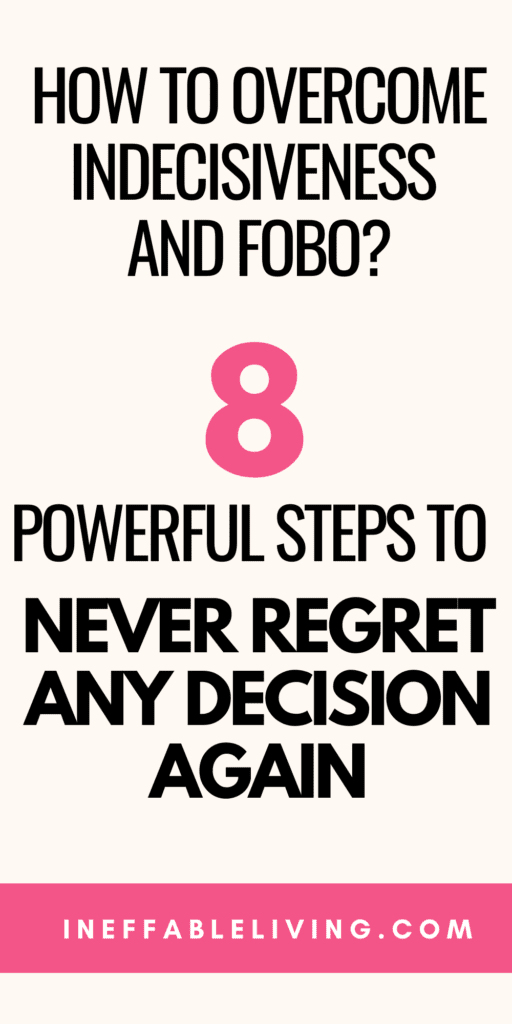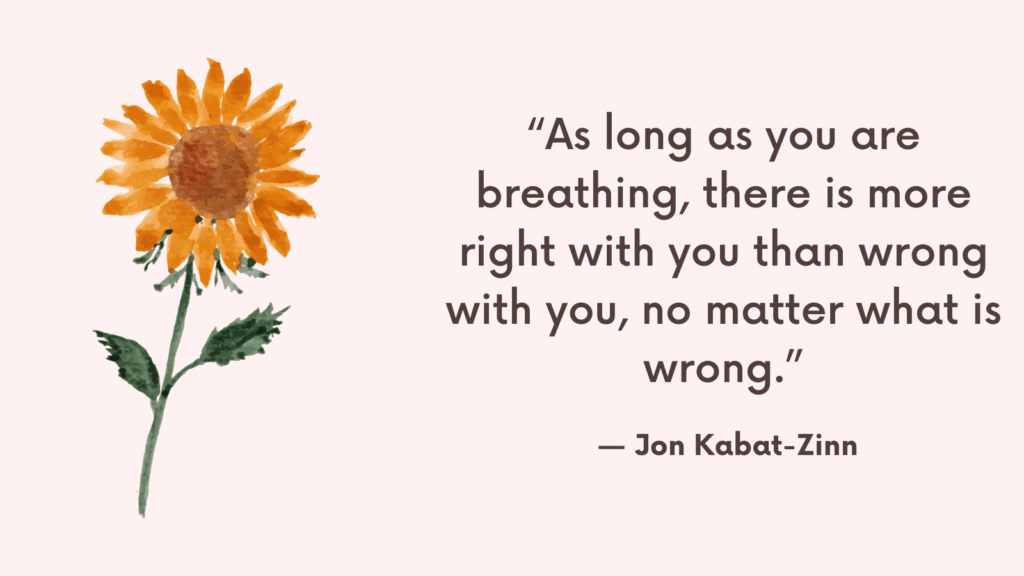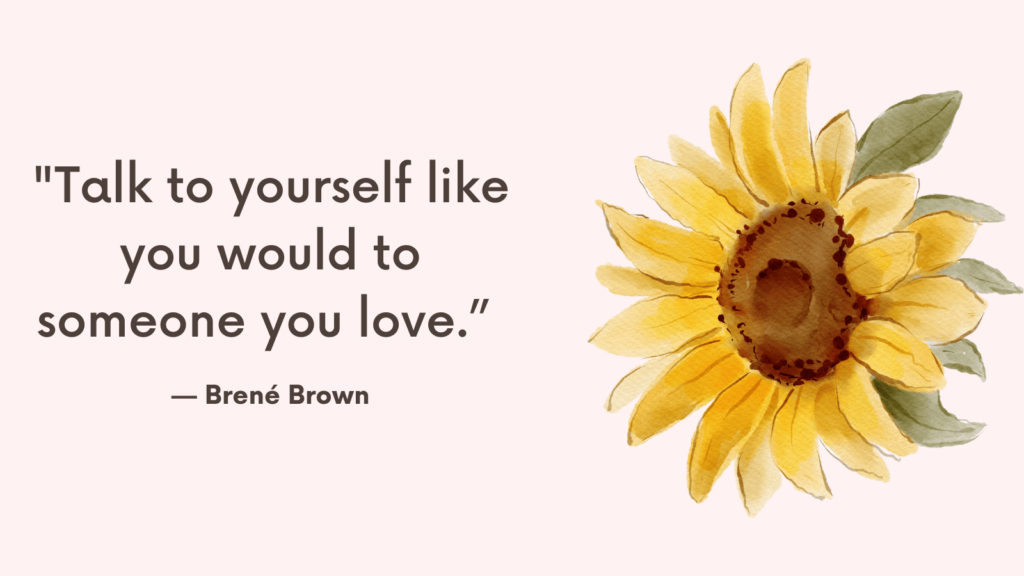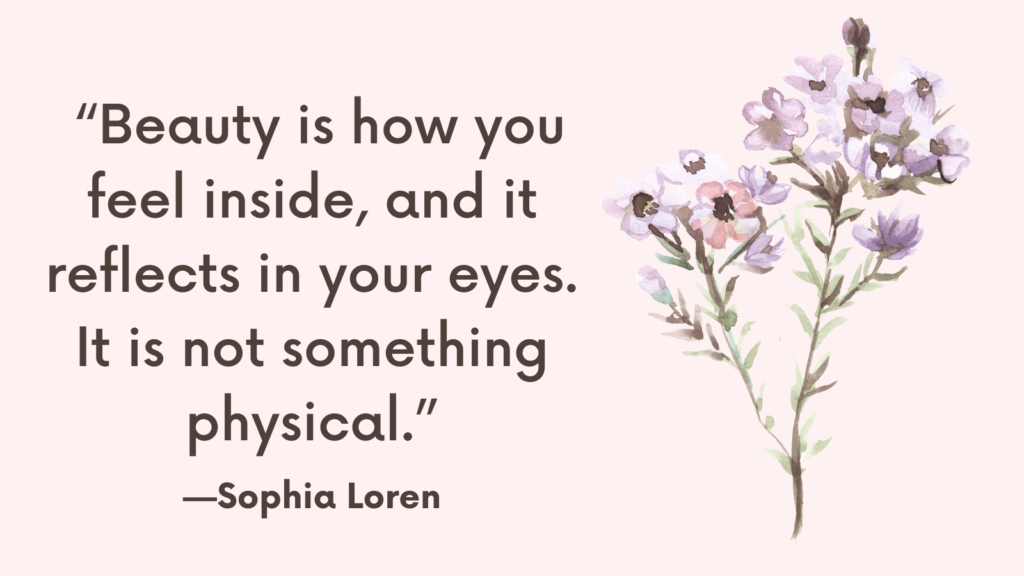This post contains “Am I indecisive quiz” to help you identify if indecisiveness is a problem for you and learn how to overcome indecisiveness, also known as FOBO or Fear of Better Options, stop living a life of regret and never regret any decision again.
Am I Indecisive Quiz
Making decisions can be a frightening process.
We’re afraid that making the wrong decision will take away something from us, friends, lovers, money, status…
And if we ever find the courage to finally make a decision, we still have to face the guilt that might follow decision-making.
Results
#1. Do you often feel overwhelmed by options?
#2. Do you often find it difficult to trust your gut instincts?
#3. When it’s time to make a choice, do you procrastinate?
#4. Do you find yourself often disproportionately worried about consequences of your decisions?
#5. Do you usually doubt your capabilities?
#6. Are you often unclear on your priorities?
We will not sell your information. All results are kept confidential.
This quiz is for informational purposes only. It is not meant as a diagnostic or assessment tool.
Results
The questions above represent common signs of indecisiveness. If you answered yes to most of these questions, then indecisiveness may be a problem for you.
Related: Are You a Procrastinator Quiz? (+ Best 40 Tips To Stop Putting Things Off)
FOBO, The Insidious Twin Of FOMO
What Is FOMO?
Do you ever get anxious when you see photos posted by friends, family and even celebrities on social media?
Do you find yourself thinking that these people are living lives that are far more interesting than yours?
This is called Fear of Missing Out, or FOMO.
While, social media can heighten FOMO, you can still struggle with FOMO even when you’re not on your phone.
Focusing on the things you wish you had and not appreciating the things you do have, is one way to feel the fear of missing out.
The fear is especially heightened by the overwhelming choices our world offers us today, which can also lead to FOBO, short for Fear of Better Options.
FOBO Meaning: What Is FOBO?
FOBO, or Fear of a Better Option, is the fear that something better will come along, which lead to indecisiveness and inability to commit to existing choices.
FOBO vs. Indecisiveness
Indecisiveness is the defining characteristic of FOBO.
Rather than assessing your options, choosing what seems right at the moment, and moving on, you delay your decision to keep all of your options open.
FOBO can inflict far more damage than FOMO.
While FOMO is an internal struggle, FOBO can affect people around you who are waiting for you to commit to something – be it a relationship, a vacation, a business meeting, a deadline, etc.
Related: Best 18 Self Compassion Journal Prompts (+FREE Worksheets)
FOBO, The Insidious Twin Of FOMO
FOBO is closely related to FOMO.
If you are someone who fears missing out, then you’re more likely to compulsively hoard choices and keep your options open.
The antidote to FOBO is to learn to be decisive
When you become decisive, you remove the emotion from your decision-making, and start taking action.
This is when you realize that missing out on opportunities isn’t limiting your options, rather it’s liberating. You replace fear with conviction and reclaim back your life.
Here’s how to do it!
Related: The Process Of Turning Inward In 6 Simple Steps (Turn FOMO Into JOMO)
How to Overcome Indecisiveness And FOBO?
Before You Make The Decision
1. Adopt a no-lose attitude
Keep in mind that regardless of the outcome of the decision you’re making, you’re can’t lose. Every decision will present you with numerous opportunities to learn and grow as a person.
Related: Lack Of Self Awareness: 5 Signs & 5 Tips On How To Increase Self-Awareness
2. Do your research
Before making a decision, make sure that you’re well informed and have enough resources to decide.
Don’t be afraid to approach professionals and talk to people who can create a valuable connection for you. Some might put you off, but most of them would be flattered that you came to them for advice and will be happy to help and give their insights.
If someone is trying to put you down, kindly thank them for their time and look for someone else.
3. Establish your priorities
You need to really think about what you want out of life. You need to get in touch with the things that give you true satisfaction. This will allow you to always choose that which brings you closer to your goals and is aligned with your values at the present time.
Keep in mind that your goals constantly change as you grow as a person and that the decisions you make today, might not be the decisions you would make five years from now.
It’s okay if you don’t have a clear idea about what goals do you have or what values are most important for you.
It might take more experience before you can decide how best to order your priorities. What’s more important, you’re now beginning to pay attention to who you are and what you want out of life.
Related: Best 35 Journal Prompts To Get To Know Yourself
4. Trust your gut feeling
You might not find a logical explanation for why you feel strongly inclined to make a certain decision despite all the arguments against it. But don’t be afraid to trust it and go with it.
Oftentimes, your subconscious mind sends messages as to which choice is best for us at a particular time. You’ll be surprised at the good advice you’re giving yourself.
Related: Soul Alignment: How to Reconnect With Your Essential Self & Find Your Purpose?
5. Take it lightly
People take their decisions too seriously. Almost as if it was a life or death matter. Nothing is really that important. Whatever is the outcome of any decision, there’s always something to learn and you’ll always handle it.
Related: Anxiety Free Resources
After You Make The Decision
6. Let go of any expectations
We all have a picture of what should the situation be after the decision we’ve made. While this picture has helped you to make the decision, it’s no longer going to help you now that the decision is made.
You need to let go of your expectations and whatever situation you’ve pictured in your mind. For that picture might create unhappiness if things don’t end up exactly as you’ve envisioned them.
That doesn’t mean that things won’t end up well, it just means that they might not end up the same kind of well you have in your mind. It’s important to let go of “the way it’s supposed to be” and embrace the new unexpected opportunities.
7. Accept full responsibility for your decisions
By taking full responsibility for your decisions, you stop looking around for someone to blame.
You become less angry at the world and at yourself, and more accepting of the way things are.
One of the best ways to help you take full responsibility for your decisions is to find the opportunity in that decision.
By seeing how making the decision presented you with new opportunities to learn, grow, and expand your life experience, you’ll find it much easier to accept full responsibility and enjoy your experience as it comes.
Related: Top 10 Ways To Stop Wallowing In Self Pity
8. Correct it
It’s important to commit yourself to any decision you make. But if it doesn’t work out, change it. No matter how invested you are in the decision if you find out -after committing to your decision and giving it all you’ve got- that you didn’t like that path, don’t hesitate to change it.
You might have invested so much of your time and money in a certain career, only to find out that you don’t like it. All that money and time didn’t go down the drain.
Learning you don’t like something is as important as learning what you like. It was part of your learning process. But what could be a waste, is invest more time and money on something you don’t like.
Signs like confusion and dissatisfaction can help you realize when it’s time to correct. Although such feelings are considered negative, being upset in your life is actually beneficial.
As physical pain can you’re your life by indicating that something wrong with your body and needs to be treated, so is mental pain in that it tells you that you are off course in a way, and you need to find your way back to clarity.
The way to get back on track is through exploring researching through self-help books, friends, support groups, therapy, or whatever option you have to reach out for help.
Remember “When the student is ready, the teacher will appear”.
Related: How To Make Peace With Your Past Mistakes Today and Never Repeat Them?
How to Make Sure You Don’t Regret Making a Decision?
1. Let Your Unconscious Mind Decide
A reasonable way to make decisions is to consider the pros and cons and then decide. Alternatively, you could just trust your gut instinct and make a choice. Or you could rely on your unconscious mind to decide for you.
Several studies were conducted to find out the best way to make a decision you won’t regret, and they’ve found the latter technique to be significantly more effective than the two former ones.
In fact, a study conducted by psychologists Ap Dijksterhuis and Zeger van Olden carried out an experiment using the same type of poster-choosing procedure.
The results show that between participants who made their decisions after considering the pros and cons of each option, participants who made their choice within moments of being presented with options, and participants who had been asked to solve anagrams and then decide, the latter group were the happiest with their decision.
Why should this be the case?
The conscious mind has only a limited ability to juggle a small number of facts and figures at any one time. So when things get complex, rational thinking might not produce great results.
In fact, your conscious mind doesn’t see the bigger picture and focuses instead on the most obvious items.
In contrast, given time, the unconscious mind slowly works through all of the elements and eventually reaches a more balanced decision.
How do you get your unconscious mind to work on a problem?
By keeping the conscious mind busy with a difficult task, such as solving anagrams of counting backward by threes, you allow the unconscious mind to work on your problem.
2. You’ll Only Regret The things You Didn’t Do
When people look back on their lives, they don’t regret the things they did, they regret the things they didn’t do.
A study conducted by Thomas Gilovich, at Cornell University, revealed that about 75 percent of people regret not doing something (not studying hard enough at school, not taking advantage of an important opportunity, not spending enough time with friends and family…).
In contrast, only 25 percent of people regret doing something (making a bad career decision, marrying someone they didn’t love, having a child at the wrong point in their lives…).
This shows that it’s far easier to face the negative consequences of a bad decision than it is to face the regret of the possible positive benefits that could have come from making a good decision.
The negative consequences are known, but the possible positive benefits are only limited by the power of your imagination.
So follow Max Lucado advice, “Go to the effort. Invest the time. Write the letter. Make the apology. Take the trip. Purchase the gift. Do it. The seized opportunity renders joy. The neglected brings regret.”
If you regret not doing something, find a way to remedy the situation, go back to college and get the degree, spend more time with your family, apologize…
Finally, don’t dwell on the possible positive outcomes that might have been.
Instead, think about three benefits of your current situation and three negative consequences that could’ve happened had you did what you’re regretting not doing.
Related: 3 Powerful Ways To Stop Expecting Immediate Results (And Commit For The Long Haul)
When it comes to decision making, are several heads really better than one?
On the face of it, discussing an issue with a group of well-informed people seems like a reasonable thing to do.
However, a study conducted by MIT graduate James Stoner, examining the important issue of risk-taking, revealed surprising findings. The results showed that the decisions made by groups were far riskier than those made by individuals.
This study along with hundreds of further studies shows that being in a group exaggerates people’s opinions. In other words, they’re more likely to make extreme decisions than they would on their own.
This phenomenon can have worrisome consequences. If you have aggressive teenagers hang out together, the group will be far more likely to act violently.
Gather a group of people with strong religious or political ideologies to spend time together, and they will be far more likely to develop more extreme, and often violent, viewpoints.
The cause of this consistent phenomenon is that spending time with like-minded people reinforces your existing beliefs. You hear new arguments and find yourself openly expressing thoughts that used to believe to be unusual, extreme, or socially unacceptable.
Another downside to group discussion is that when strong-willed people lead the discussion, they can pressure others into conforming, which creates an illusion of unanimity.
Two heads aren’t necessarily better than one. Research has shown that group decisions can lead to a polarization of opinions and a highly biased assessment of a situation.

Conclusion
We forget that the goal isn’t to be right but to learn from our mistakes and grow as a person. It’s all part of the process of learning and some lessons can only be learned the hard way i.e. making mistakes.
Letting go of the need to be right, and approaching life with the attitude of there’s nothing to lose, only something to gain, will help you make more decisions and feel good about them too.
If you’re, for example, offered a new job, instead of worrying you might fail in that job, or you might not like your new environment, view it in a different light; if you take it, you have an opportunity to meet new people, to learn new things, to broaden your base of experience. If something happens and things don’t work out, you know you can handle it! You can always find another job.
Every time you encounter something that pushes you to “handle it”, your self-esteem raises and you become more confident. You emerge a much stronger person. You start trusting yourself that whatever is going to happen, you’ll handle it too. You discover that security isn’t having things, but handling things. This is how your fears diminish.

Resources
- Portions of this article were adapted from the book 59 Seconds: Think a little, change a lot, © 2009 by Richard Wiseman. All rights reserved.
- How to Beat F.O.B.O., From the Expert Who Coined It – The New York Times (nytimes.com)
- Fear of missing out: A brief overview of origin, theoretical underpinnings and relationship with mental health – PMC (nih.gov)
- 70% of Teens and Young Adults Suffer from Fear of Being Offline (FOBO) [STUDY] (dazeinfo.com)
- Frontiers | “I Know What I Like” – Indecisiveness Is Unrelated to Behavioral Indicators of Evaluation Difficulties | Psychology (frontiersin.org)
- A psychological theory of indecisiveness | Request PDF (researchgate.net)
- (PDF) Indecisiveness and high school students’ career decision-making process: Longitudinal associations and the mediational role of anxiety (researchgate.net)







